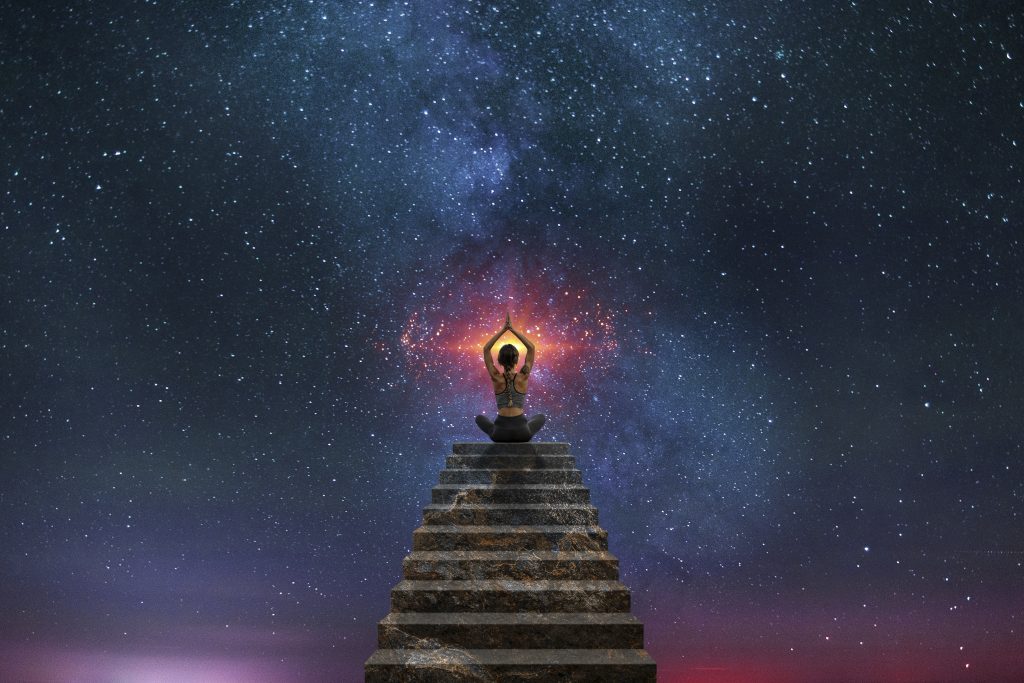Have you ever woken up from a dream feeling like you’ve just experienced a powerful insight or a glimpse into the future? You’re not alone. Many people believe that dreams can hold profound meanings and that they can serve as premonitions of events to come.
In this blog post, we will delve into the fascinating world of dreams and premonitions, exploring their connections and how to make sense of these mysterious night time visions.

The Power of Dreams
Dreams can evoke strong emotions, inspire creativity, and leave us questioning their meanings. Some believe that dreams serve as a way for our subconscious to process and make sense of our experiences, while others think that they can be messages from a higher power or even previews of future events.
One of the most famous examples of a dream with a powerful message is the famous film “Inception.” In this movie, the protagonist, Dom Cobb, is able to enter people’s dreams and manipulate their thoughts. This skill is based on the idea that dreams can be a powerful tool for exploration and learning.
The Connection Between Dreams and Premonitions
Premonitions are defined as an event that occurs in a dream before the actual event takes place in real life. While many people believe in the power of premonitions, they are often dismissed as coincidences or wishful thinking. However, some studies suggest that precognitive dreams may be more common than we think.
One study found that 60% of people admitted to having experienced a dream that came true, with another 20% claiming to have had at least one precognitive dream. A study by psychologist David Metzger found that undergraduate students experienced precognitive dreams before a stressful event, suggesting that these dreams may serve as a coping mechanism.

Decoding the Meaning of Dreams
Decoding the meaning of dreams can be a complex process, as dreams can be influenced by various factors such as personal experiences, cultural backgrounds, and emotional states. Some common methods for decoding dreams include:
- Personal Reflection: Journaling about your dreams can help you identify patterns and connections between your dreams and your waking life. By reflecting on your dreams, you can gain insights into your subconscious thoughts and emotions.
- Dream Interpretation: Dream interpretation is both a science and an art. It involves analyzing the symbols and elements in your dreams to uncover their hidden meanings. Online tools like the Dream Journal and Dream Interpretation Dictionary can help you decipher the messages behind your dreams.
- Cultural and Historical Context: Understanding the cultural and historical context of your dreams can also help you decipher their meanings. Symbols and themes from your dreams may be related to your heritage or the time period you live in.
The Role of Premonitions in History
Throughout history, premonitions have been attributed to various events and phenomena. For example, some Native American legends believe that certain birds serve as messengers of impending events, such as death or war. Additionally, some people believe that the famous film “The Wizard of Oz” contained several precognitive scenes that predicted the events of September 11, 2001.

How do premonitions differ from dreams?
While dreams and premonitions may seem similar, they differ in several key aspects:
- Intentionality: Dreams are typically a series of images and experiences that occur during sleep, often influenced by personal experiences, emotions, and cultural backgrounds. On the other hand, premonitions are dreams that serve as a presentiment of the future or a warning in advance.
- Recall: People tend to recall confirmed premonition dreams more frequently than disconfirmed ones, suggesting that premonitions may be more vivid and memorable than ordinary dreams.
- Interpretation: Cultural and historical factors can influence dreams, whereas premonitions might transcend cultural boundaries and historical events, being more universal in significance.
- Emotional Content: Dreams can evoke a range of emotions, from fear to joy. Premonitions, on the other hand, may carry a sense of urgency or importance, as they often involve events that are about to happen or are relevant to the dreamer’s life.
- Cultural and Historical Context: Cultural and historical factors influence dreams, while premonitions, transcending cultural boundaries and historical events, may hold more universal significance.
- Verification: Premonitions can be more challenging to verify, as they often involve events that have not yet occurred. On the other hand, one can more easily validate dreams by comparing them to real-life events.

Conclusion
While the link between dreams and premonitions is still a subject of debate, many people believe that dreams can hold profound meanings and insights. Visit Psychic Elements, for exploring the connections between our dreams and waking experiences, we can gain a deeper understanding of ourselves and the world around us. So, the next time you have a vivid dream, consider whether it might be trying to tell you something important or if it’s simply a coincidence.
